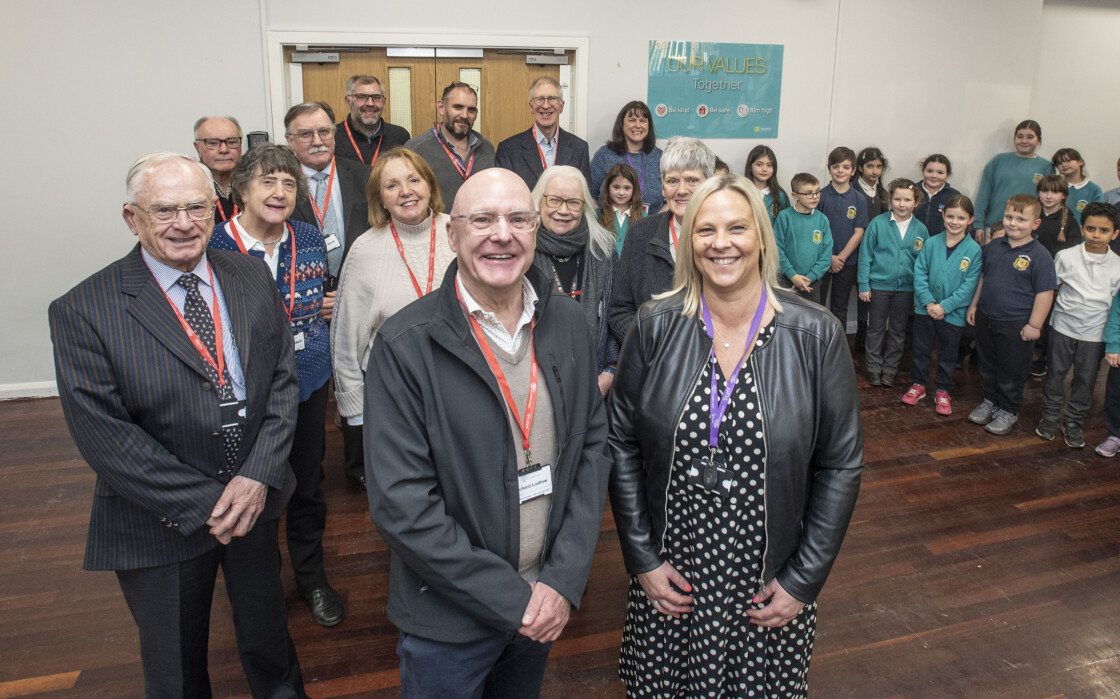The government has cancelled the Creative Arts Academy free school project it originally gave the go-ahead to in 2016.
The new primary school for over 400 pupils was to have a specialism in the creative arts and be a centre of excellence for creativity in education regionally. It was the brainchild of York-based Ebor Academy Trust, who researched and prepared a bid in response to government calls for innovative free school projects.
It had the backing of many York parents – 176 pledged their support online when the bid was announced – as well as Academy award winner Dame Judi Dench, screenwriter Kay Mellor and Arts Council England chair Nicholas Serota. York’s Guild of Media Arts and the UNESCO designation of York being a city of media arts, added their weight to the school being based here. Partnerships had also been agreed with York Theatre Royal and York St John University.
Following the appointment of Damian Hinds as Secretary of State for Education a year ago, however, the York project was put on hold pending review. At that point a site close to the York central development had been identified as home for the new school.
Ebor’s Chief Executive, Richard Ludlow, has now received a letter from Lord Agnew, Parliamentary Under-Secretary of State for the School System, cancelling the project.
“We are very disappointed, not just for ourselves and the considerable time and effort we’ve put in, but for the children of York who will not now have the benefit of this new school.
“There is universal acknowledgement that the future of the economy lies with our young people being adaptable, innovative and productive in the growth industries which will power our place on the world’s stage. The creative industries are among the fastest growing and York in particular stands out in this respect.
“The Creative Arts Academy was a manifestation of this drive for fresh thinking and social mobility, encouraging self-expression and providing different ways to master core academic requirements.”
Lord Agnew’s reasons for cancelling the project was the local authority’s data suggesting that there were currently sufficient school places in York and this is “a position that is unlikely to change over the coming years.” His letter continued: “Added to this, the quality of provision is generally good in York. In these circumstances, I am very concerned about the likely viability of any new school opened in the city, as well as the potential impact it might have on existing good schools.”
Mr Ludlow said Lord Agnew’s letter failed to acknowledge that when the free schools initiative was launched, it encouraged innovation which is now being sidelined. “And in terms of numbers, the local authority’s Local Plan and its ambitious housebuilding programme means that while there may be no need right now, within a short time there will be – and rather than swiftly implement a pre-approved and innovative business case, it will be back to square one.”
Peter D Acaster, Chairman of Ebor Academy Trust, said: “This is devastating news. Our school would have been a key part of the city’s creative community. It is appalling that our application was approved amid much fanfare only for it to be withdrawn less than three years later.”
However not all of Ebor’s efforts have been wasted. A curriculum innovation group, comprising teachers from Ebor schools and set up to prepare for the new school, will continue to look at ways to enrich the curriculum offer at the existing 22 schools in the trust.



